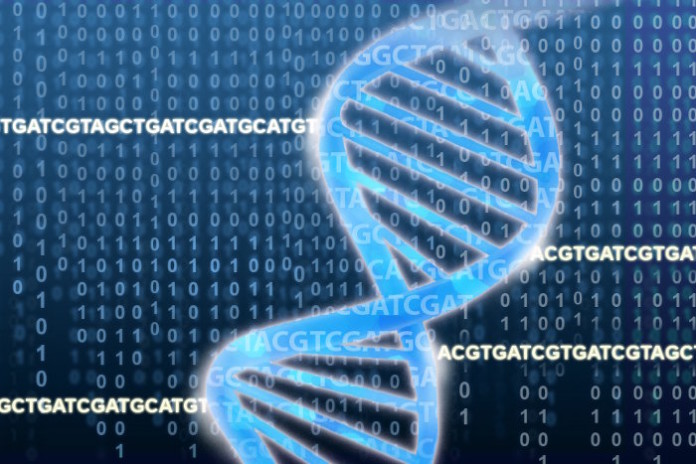The FDA has issued two draft guidances that will provide regulatory oversight for the use of next-generation sequencing (NGS)-based tests.
The utilization of the novel technology—which can examine millions of DNA variants at one time—has been expanding as a means to inform risk and treatment decisions across multiple tumor types.
“The draft guidances are an important step in the development of NGS-based tests,” said Francis Collins, MD, PhD, director of the National Institutes of Health (NIH). “NIH sees great value in these guidances and encourages test developers to adopt the best practices outlined in the guidances so that high quality tests can become available to the patients who need them.”
The first draft guidance, titled, “Use of Standards in FDA’s Regulatory Oversight of Next Generation Sequencing (NGS)-Based In Vitro Diagnostics (IVDs) Used for Diagnosing Germline Diseases” provides recommendations for designing, developing, and validating NGS-based tests for rare hereditary diseases, and addresses the potential for using FDA-recognized standards to demonstrate how well a test predicts the presence or absence of a particular genomic change.
The second draft guidance, titled, “Use of Public Human Genetic Variant Databases to Support Clinical Validity for Next Generation Sequencing (NGS)-Based In Vitro Diagnostics” describes an approach wherein test developers may rely on clinical evidence from FDA-recognized public genome databases to support clinical claims for their tests and provide assurance of accurate clinical interpretation of genomic test results—allowing for an easier path for marketing clearance or approval.
Because genetic and genomic testing is dynamic, the FDA has stated that the guidances will provide a flexible and streamlined approach to oversight that is adapted to the novel nature of these tests. Adherence to the guidances will allow for variations in development and validation and accommodate the rapid evolution of NGS technologies, while still assuring they provide accurate and useful results, according to the FDA.
“The FDA values the input we received from genomics experts, industry, healthcare providers and patients from four public workshops and other outreach opportunities. Based on this input, we crafted draft recommendations that we believe will encourage innovation and advance the goal of precision medicine: to speed the right individualized treatments to patients sooner,” said Jeffrey Shuren, MD, JD, director of the FDA’s Center for Devices and Radiological Health in a statement.
Guidance documents represent the FDA’s current thinking on a particular subject. Draft guidances are undergoing finalization and the FDA encourages public comments regarding the draft during the 90-day comment period.
The guidances are part of the of the FDA’s engagement in the Precision Medicine Initiative (PMI), created by the White House in early 2015. The FDA’s role in the PMI is to create regulatory processes that encourage advances in genomic testing while assuring that NGS-based tests are safe and effective. The agency has been working with experts in the genomics community to conceptualize an approach that strikes a balance between safeguarding public health and promoting innovation.
“Targeting the right treatments to the right patients at the right time is the goal of the President’s Precision Medicine Initiative,” said FDA commissioner Robert Califf, MD, in a statement. “Soon, patients will have a much more complete picture of their health than in the past, informed by their genetic and genomic makeup. The FDA is preparing for this exciting approach at multiple levels.”
President Barack Obama called for $215 million in fiscal year 2016 to support the PMI. Of this total proposed budget, $130 million were allocated to the NIH to build a national, large-scale research cohort, and $70 million were allocated to the National Cancer Institute to lead efforts in cancer genomics as part of the PMI for oncology.
Thus far, the NIH has awarded funding to create a data and research support center, a participant technologies center, and a network of Healthcare Provider Organizations for the research cohort. They are also funding a biobank at Mayo Clinic as part of this initiative, which will support the collection, analyses, storage, and distribution for research use of biospecimens.
Source: ONC Live






























